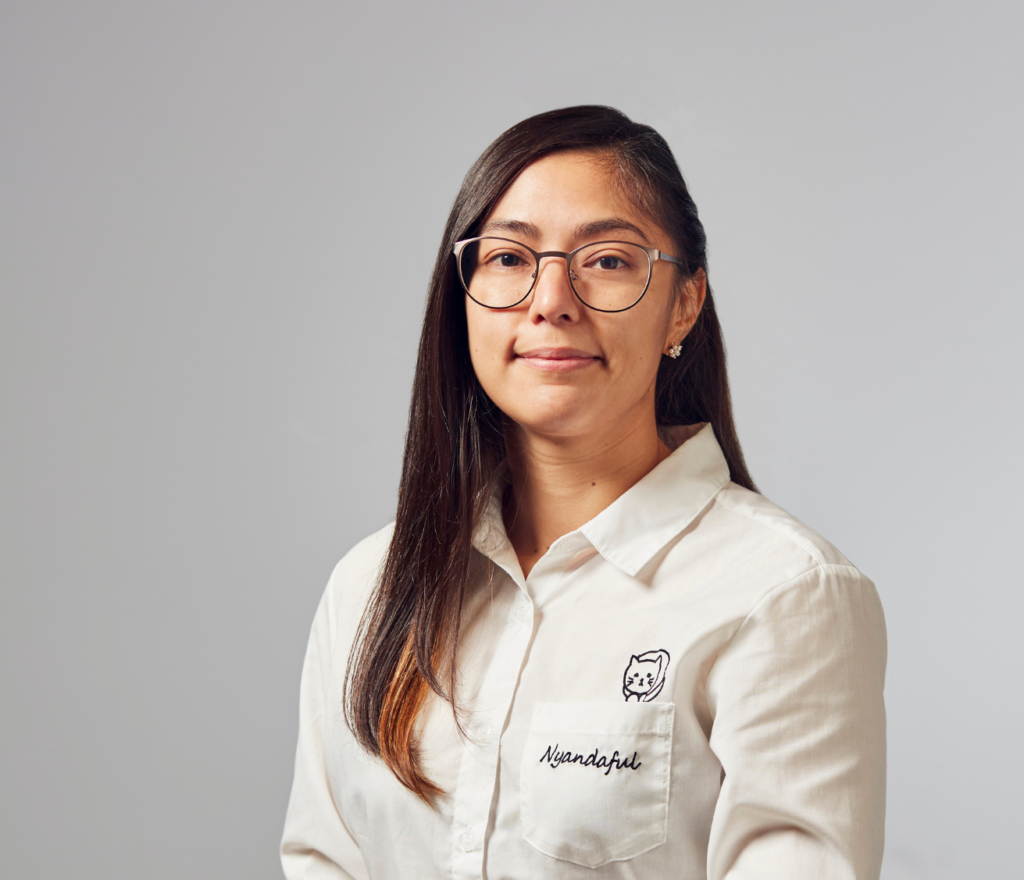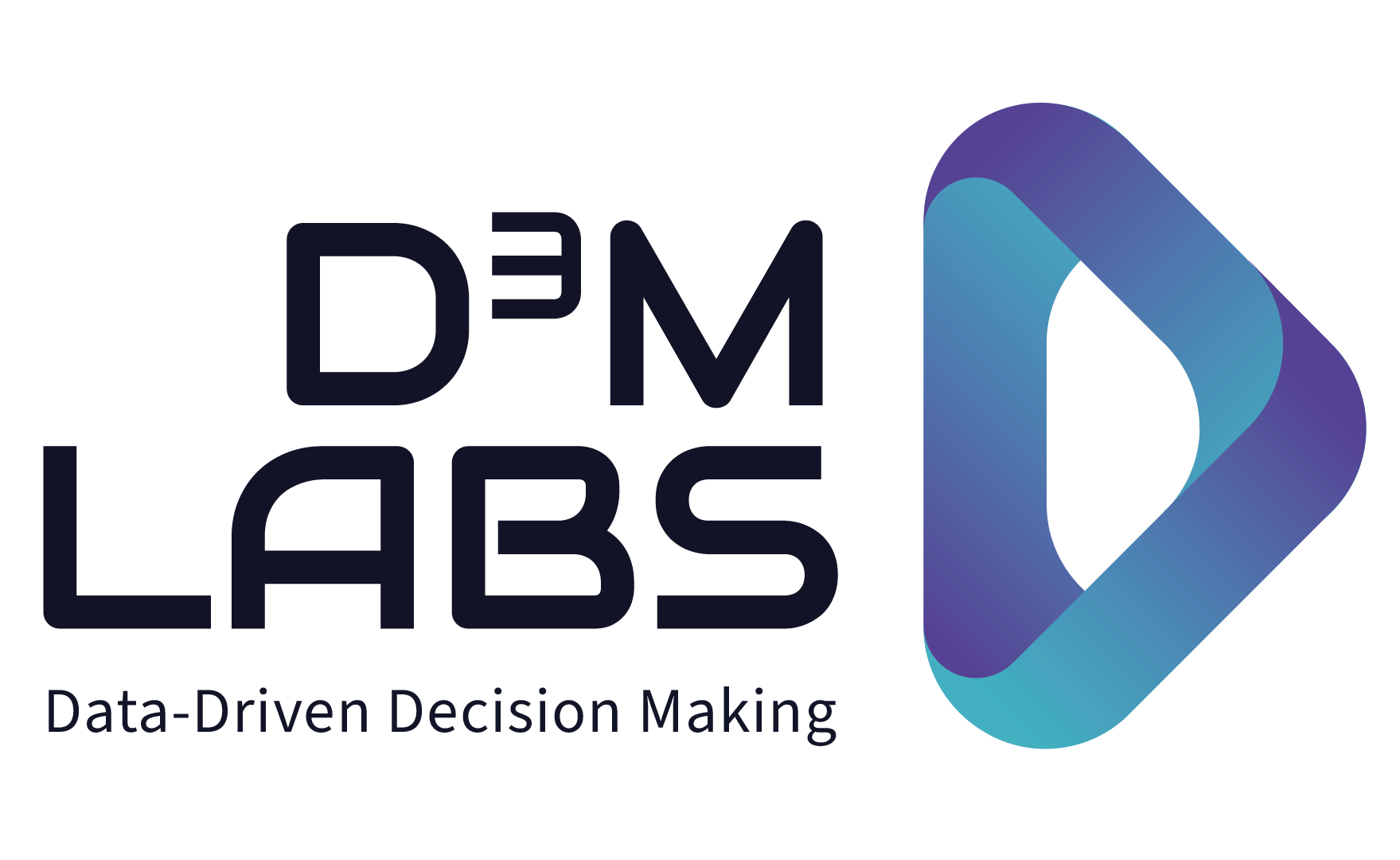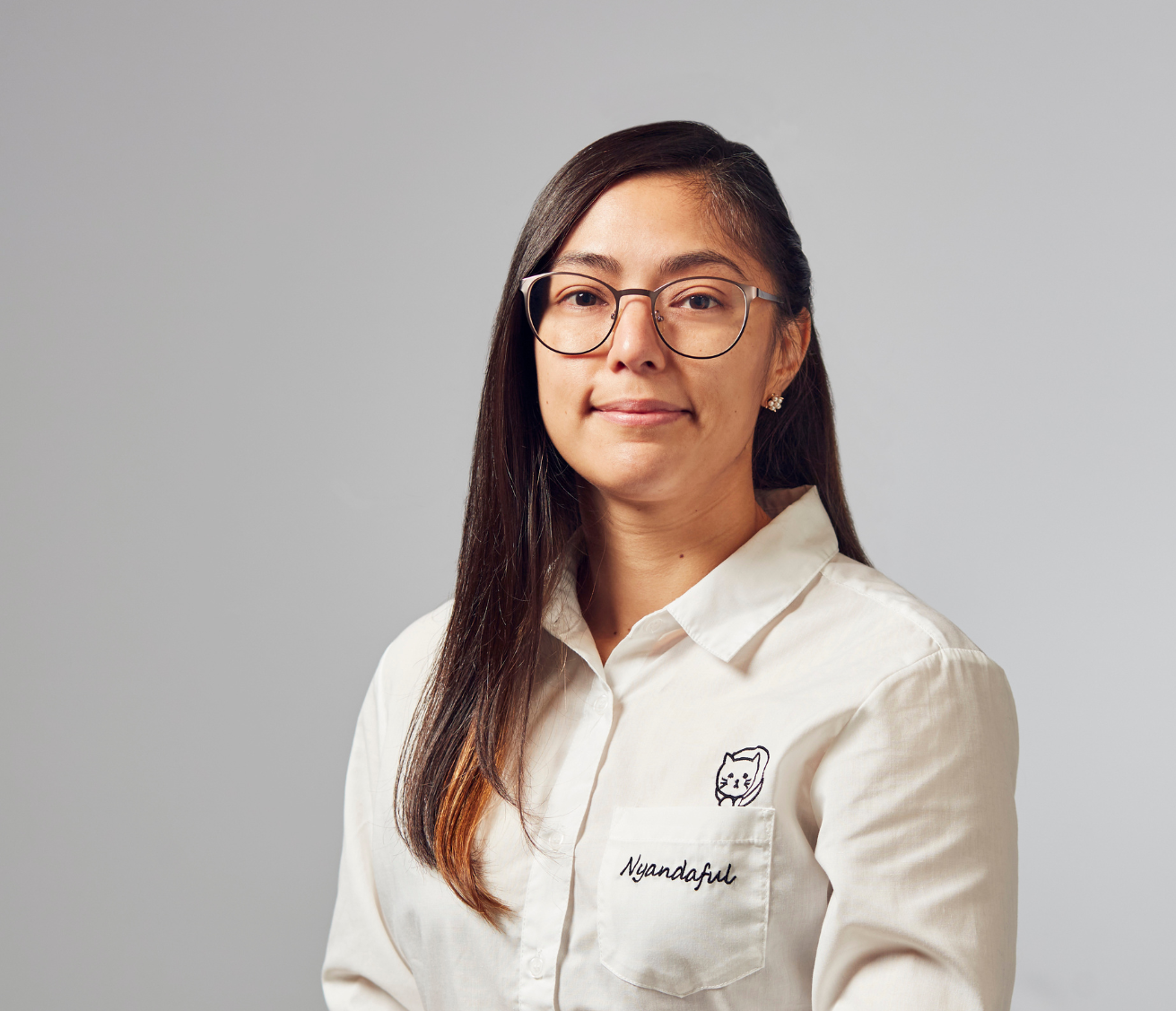How did you come to be involved in the data scene in Berlin?
While I was finishing my Masters in Computer Science in Rio de Janeiro, Brazil, the founder of a Berlin startup reached out to me through LinkedIn regarding an interview for a data science job. This was 2015, and doing remote interviews on Skype was not that common. The only reason I took the interview was because the founder himself reached out.
While doing my Masters, I was working as a marketing analyst, and my thesis was about recommender systems. The startup found somebody from HR who was Brazilian and spoke Portuguese to me during the recruiting process. Once I got the paperwork physically with the address of the company, I knew it was real. Luckily, it was summer and my sister was visiting Berlin. I asked her to go to the office and make sure the company was real. My sister also did some apartment hunting in Berlin.
A combination of things helped make my coming to Berlin happen. I was already thinking of going abroad, the company had an HR person who spoke Portuguese to me, and my sister was visiting Berlin. Because my sister was in Berlin, she could help me locally. She even showed me a bit of the city before going back to Brazil.
Was coming to Berlin from Rio de Janeiro scary?
Yes.
At first, I thought it was a scam. My sister was the only person I told about it. I didn’t tell anybody else until I fully evaluated it and saw it was a real work opportunity. My parents were not happy that I was moving far away from home, but they thought it was an excellent opportunity for me. They told me that I could go and have this experience, and if it was not what I expected, I would always be welcome back home.
Initially, I was amazed by everything. Not knowing any German made getting used to the city harder. At first, I had headaches from always thinking in English, although I was fluent and knew that my job would be in English. I also had to learn to speak German. The company offered lessons in the company, and I am since in the journey of learning the language to fit into the country.
I still miss being around my family and friends. What helped was that I was in a stable relationship with my husband, and he moved to Berlin. He is both Dutch and Brazilian, so moving to Germany was straightforward. From a relationship point of view, moving in together in Berlin was also a big move.
Once I did a podcast in Portuguese about this story. Here is the link to the blog and podcast on Medium.
Why did you start the AI Guild?
Because I was doing volunteer work such as Data Science for Good and taught Data Science at a bootcamp, I got to know other people working in data science in Berlin. From exchanges with people, I learned there were common struggles we shared. Then I wanted to create a space for us to be able to talk about our experiences. I did not think I had a solution. Rather, I felt that if we talked about our experiences, we could help each other.
In late 2018, we started with about a dozen people going out for dinner. From that, we grew to monthly dinners in 2019. We wanted to meet regularly and have regular conversations about our experiences. The official launch of the AI Guild was in May 2019, when we created a logo, gathered the founding members, and launched the AI Guild Website.
Why do you think so many people joined the AI Guild in the beginning so quickly?
I think it was the idea of having a space to exchange and grow together, not only on the technical side, filled a void. There were a lot of tech meetups already. We had something that was a regular dinner to talk about both technical and non-technical issues, such as organizational and career topics.
What was the initial mission of the AI Guild and how did that mission change over time?
The mission did not change. The words we used got more specific. The market changed as well.
From the beginning, our mission has been to help organizations implement AI. The first tagline was “beyond the hype.” We wanted to help organizations do “real” AI because we, as data professionals, wanted to build “real” AI.
“Real AI” means not writing AI on a PowerPoint, but doing machine learning and having use cases in production.
In 2022, it has been clear that AI has a real benefit, but it is not clear how to realize this benefit. This year MLOps was talked about a lot, specifically with #datalift. How to put and scale machine learning and data analytics into production is a challenge many companies are dealing with going into 2023.
Has “AI” changed its meaning over time?
We discussed whether to use “AI” when choosing the name of the “AI Guild.” We decided to use “AI,” because, to us, AI includes all the data-related work we see in the community. We could talk about all of the different specific technologies and roles.
KI Kunstliche Intelligenz (AI in German) could also mean Künftige Informationstechnologie (Future Information Technology) would you agree?
Partially, yes.
Technology is evolving, and part of it evolves to include AI in all its flavors. AI is on top of what already exists but not replacing. We still need mechanical engineers and other professionals who will be leveraging AI to do what they already do more efficiently and safely, for example.
What does your day-to-day look like, and how has that changed over time – from being a data scientist practitioner to Director and Co-Founder of the AI Guild?
It was a slow transition over the past 5 years.
The significant change is that I am spending less time coding and more time speaking to people.
When I was a data scientist, I was already teaching and mentoring. My last project at my last employer was organizing the internal data science conference at the company where I worked. In the meantime, I was already part of the group organizing the monthly dinners in Berlin and finding people to share content on the AI Guild online events.
I keep on learning and coding whenever I can, besides the usual teaching and mentoring I got into my routine. Wherever I can, I automate tasks to make myself more efficient. I did an MLOps remote Bootcamp with Pyladies last year. In our B2B projects, I conduct data analytics, and create visualizations and machine learning applications, as well, which are tasks that entail coding.
What is the biggest change you have seen in the professional lives of data scientists since you came to Berlin?
After seven years, I see how the market has changed.
Before, being an AI practitioner was a more isolated existence. Now we have a sense of community.
Larger data science teams: Companies are now building teams with more people. Initially, it was more common to see the lone data scientist. Now-a-days you see teams with 10-15 data scientists, or even more. The bigger teams make people feel more empowered to do production work and discuss what they do with other professionals.
Open source: We did not have as many open-source data sets and resources as before. Now it is easier to exchange on a professional level than before.
Better career development: Having more of a community and standard tools is better for career development and for AI adoption in organizations. People can move between jobs easier, and companies don’t have to build their own toolset from scratch.
These observations are not just from my own experiences, but from what I hear from others in the community as well.
What are some world events that have impacted the AI Guild Community?
COVID impacted us a lot because it made us expand not only the number but also the geography. We moved from dinners in Berlin to Zoom calls, which made it possible for people from all over the world to join and participate in those exchanges.
Now that we are post-lockdown, we are returning to in-person dinners. We have dinners happening in cities other than Berlin, such as Hamburg and Munich. We also have expanded outside of Germany to Copenhagen, Amsterdam, and Paris. Those dinners are self-organized by members in their respective cities.
The War in the Ukraine has impacted some of our members. Because we started in Berlin, we are a diverse and international community. We have helped our impacted members search for jobs and with career advice on a one-to-one basis.
In our community, we have many immigrants as well. We are looking into ways to help foreigners in Germany with legal advice pertaining to employment laws, immigration and visa status, even obtaining citizenship.
What top things should foreigners coming to Germany in the tech scene and beyond know?
Know about your rights in Germany. Germany has employment laws that you should get familiar with.
Insurance is an aspect of German life worth knowing about. In Germany insurance is not a luxury. In fact, insurance is affordable and normal to have here. The important insurances that almost every German has are standard are:
Rechtsschutzversicherung is legal insurance. In Germany, it is common to use this insurance to check employment contracts, as well as actions of employers such as terminations, as well as checking your references.
Hausratversicherung is household insurance.
Haftpflichtversicherung is personal liability insurance.
Usually, in the tech scene, the work language is English, but this should not stop you from learning German. German is necessary if you want to have a full understanding of the culture and life. Also your rights.
What hopes and fears do data scientists have that might not be so obvious to the general public?
There is no defined career path in data science.
The trust of the general public towards our profession is something we also worry about.
There is a lot of fear about AI taking over the world or stealing jobs. We think we do AI for the benefit and progress of humanity, so we would like to see more trust from the public.
Of course, we are working towards earning that trust by making transparent AI and talking about ethical topics. We would like to contribute to the conversation in an open and transparent way.
What are some ingredients in your secret sauce to success in building out the AI Guild?
I just do what I think is right. I share the perspective of the data scientist who has had struggles and successes. This openness, not just about the successes, creates a connection to people.
We talk about our good and bad experiences. People know that they can ask questions and seek help, because they know others in the community have been through similar things.
Who is Dânia Meira ?

Dânia Meira is a director at the AI Guild, where she works with companies scaling data analytics and ML. In the past two years, she has surveyed 50+ industry use cases by working with professionals and organizations.
Dânia has been a senior expert and mathematician in the data field since 2012, doing ML for predictive analytics and focusing on marketing use cases. She is an experienced teacher, mentor, and speaker.
Related articles
The prevelance of AI and importance of engaging in diaoge
Beyond the Algorithm, the realities of operationalizing AI
Why the public needs to know more about AI – An interview with Varsh Anilkumar
What is the future of AI adoption?
What I look for when I hire a data professional (written after an AI Guild dinner, inspired by the conversation)


Wow, Dânia’s story is super inspiring! Moving from Brazil to Berlin for a data science job sounds like a wild adventure. I love how she built the AI Guild to connect people. Good stuff!